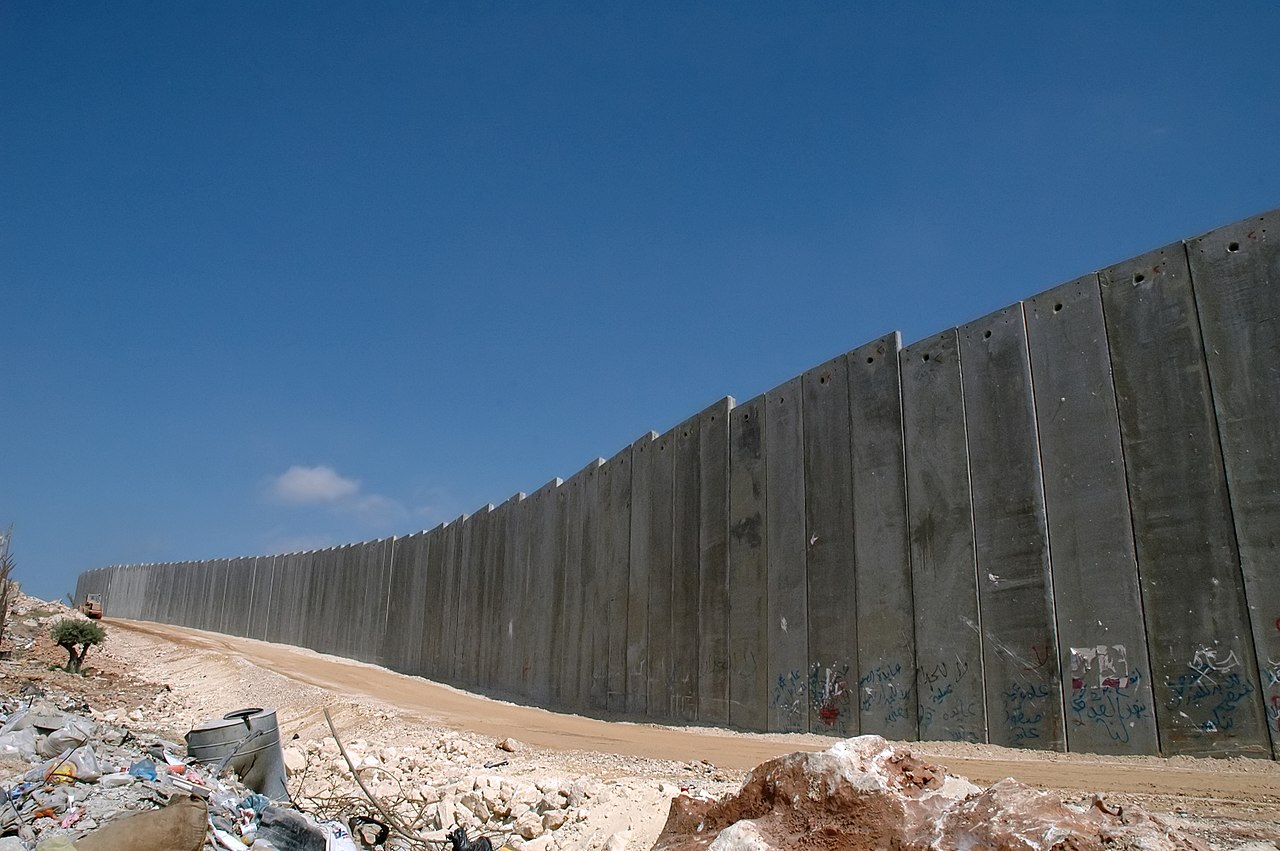JERUSALEM (Parliament Politics Magazine) – Following a widespread backlash against the regulations, which at first included requirements that foreigners inform authorities in Israel within 30 days of beginning a relationship with a Palestinian resident, Israel has postponed implementing the set of newly revised restrictions (PDF) for foreigners coming to the occupied West Bank.
In a revised document released on Sunday, COGAT, the Israeli military authority in charge of Palestinian civil affairs, modified some of the restrictions that were scheduled to take effect on Monday, including the removal of the 30-day rule. However, many other restrictions still stand.
Additionally, it had been stated in the original wording that foreign spouses of Palestinians would initially only be given three or six-month permissions, with the majority of them subsequently having to leave the West Bank for six months before applying for a new permit.
A “cooling down” period of six months would have been required of foreigners married to Palestinians after completion of 27 months of marriage under the rules.
The most recent version does not mention the necessity to spend six months outside of the West Bank. One thing to note is that none of the limitations apply to those travelling to Israel or the over 130 illegal Jewish settlements in the West Bank, and many of the adjustments in the 90-page document issued seemed to be primarily cosmetic.
The document, which was first released in February without much notice, had recently drawn harsh condemnation for Israel.
Tom Nides, the American ambassador to Israel, stated on Sunday that the new regulations continued to raise concerns, particularly regarding COGAT’s role in deciding if individuals invited by Palestinian academic institutions were qualified to enter the West Bank, and the possible adverse impact on family unity.
COGAT remains silent on the document.
Although there are no longer limitations on the number of foreign teachers and students, the new document still contains rules governing their access into the occupied West Bank.
The new regulations have drawn criticism from the Jerusalem-based human rights group HaMoked, which claims that Israel will “prevent thousands of families from living together for blatantly political reasons.”
According to a tweet from HaMoked, the Israeli military’s process on allowing foreigners into the West Bank breaches Israel’s international legal obligations and HaMoked would continue their legal challenge to it.
Marwa Fatafta, a Palestinian expert in digital rights and an analyst for Al Shabaka, claimed in an interview with Al Jazeera in April that the COGAT document’s goal was monitoring.
With the help of the new policy, Israeli officials seek to map out the social networks and assets of Palestinians who reside abroad and hold foreign passports, said Fatafta.
Palestine’s two most important components—its people and its land—were under control thanks to the comprehensive identification system. It would now, in a sense, also apply to Palestinians who has ties to the West Bank, she continued.
During the 1967 war, Israeli forces conquered East Jerusalem, the Gaza Strip, and the West Bank. Israeli settlers, mostly Jewish, frequently force Palestinians from their homes and properties in Jerusalem and the West Bank by using force from Israel.






